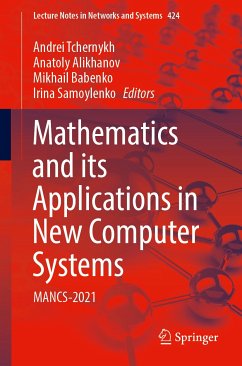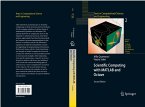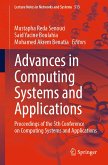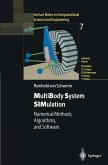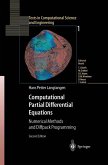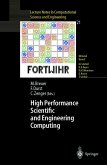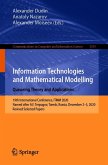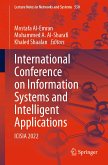This book is based on the best papers accepted for presentation during the International Conference on Mathematics and its Applications in New Computer Systems (MANCS-2021), Russia.
The book includes research materials on modern mathematical problems, solutions in the field of cryptography, data analysis and modular computing, as well as scientific computing. The scope of numerical methods in scientific computing presents original research, including mathematical models and software implementations, related to the following topics: numerical methods in scientific computing; solving optimization problems; methods for approximating functions, etc. The studies in mathematical solutions to cryptography issues are devoted to secret sharing schemes, public key systems, private key systems, n-degree comparisons, modular arithmetic of simple, addition of points of an elliptic curve, Hasse theorem, homomorphic encryption and learning with error, and modifications of the RSA system. Furthermore, issues in data analysis and modular computing include contributions in the field of mathematical statistics, machine learning methods, deep learning, and neural networks. Finally, the book gives insights into the fundamental problems in mathematics education. The book intends for readership specializing in the field of cryptography, information security, parallel computing, computer technology, and mathematical education.
Dieser Download kann aus rechtlichen Gründen nur mit Rechnungsadresse in A, B, BG, CY, CZ, D, DK, EW, E, FIN, F, GR, HR, H, IRL, I, LT, L, LR, M, NL, PL, P, R, S, SLO, SK ausgeliefert werden.
Es gelten unsere Allgemeinen Geschäftsbedingungen: www.buecher.de/agb
Impressum
www.buecher.de ist ein Internetauftritt der buecher.de internetstores GmbH
Geschäftsführung: Monica Sawhney | Roland Kölbl | Günter Hilger
Sitz der Gesellschaft: Batheyer Straße 115 - 117, 58099 Hagen
Postanschrift: Bürgermeister-Wegele-Str. 12, 86167 Augsburg
Amtsgericht Hagen HRB 13257
Steuernummer: 321/5800/1497
USt-IdNr: DE450055826
Bitte wählen Sie Ihr Anliegen aus.
Rechnungen
Retourenschein anfordern
Bestellstatus
Storno

